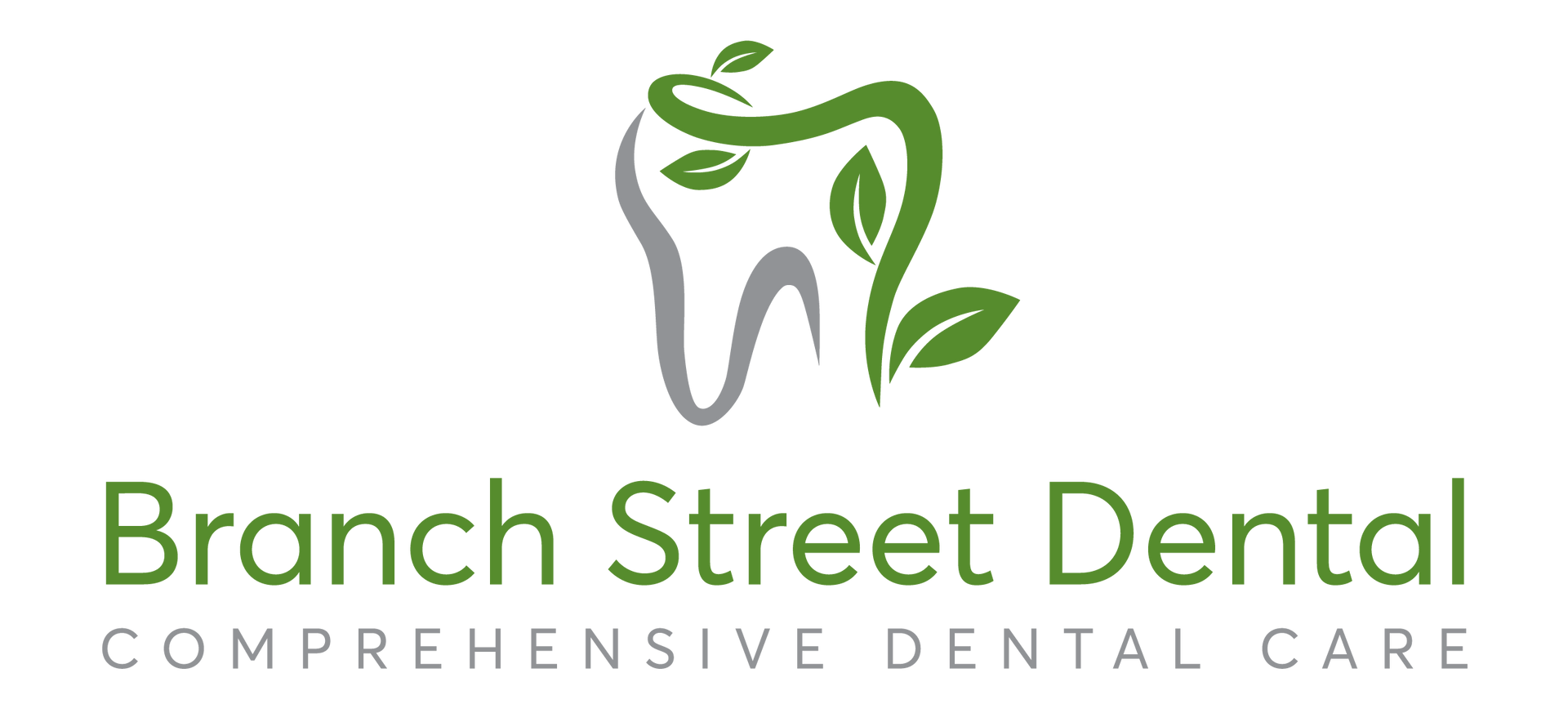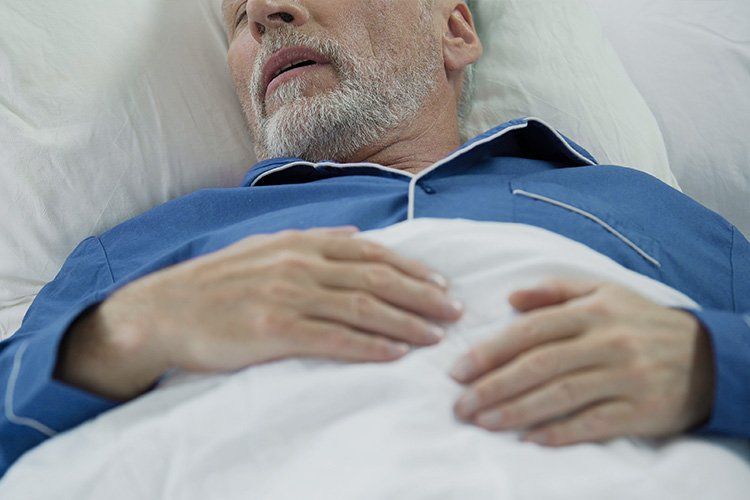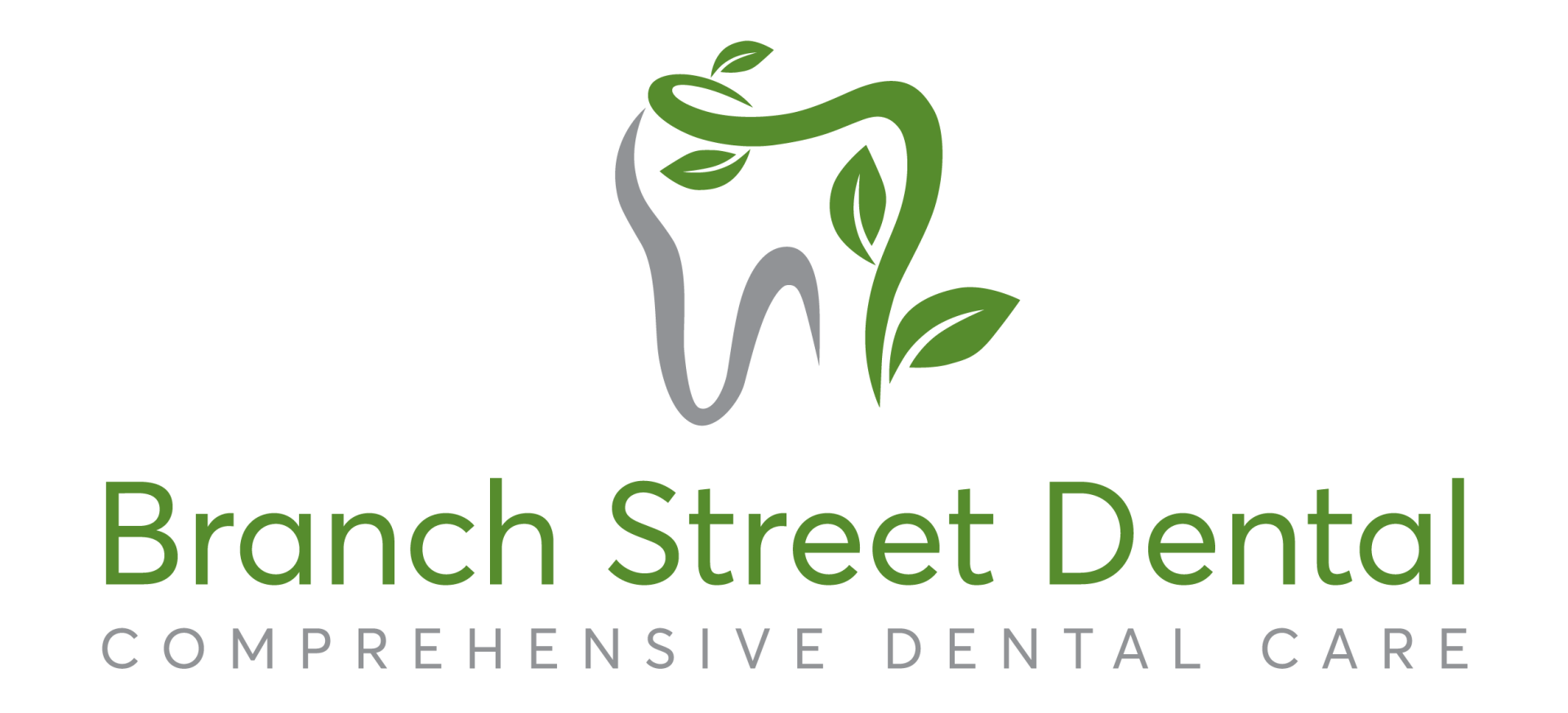
New Patients Welcome
Request an AppointmentSleep Apnea Treatment
Breathe Better. Sleep Better.
Apnea literally means “no breath”. This a condition where normal breathing is obstructed during sleep. There are three types of apnea: obstructive, central, and mixed; of the three, obstructive is the most common. Despite the difference in the root cause of each type, in all three, people with untreated sleep apnea stop breathing repeatedly during their sleep, sometimes hundreds of times during the night and often for a minute or longer.
Obstructive sleep apnea (OSA) is caused by a blockage of the airway, usually when the soft tissue in the rear of the throat collapses and closes during sleep. In central sleep apnea, the airway is not blocked but the brain fails to signal the muscles to breathe. Mixed apnea, as the name implies, is a combination of the two. With each apnea event, the brain briefly arouses people with sleep apnea in order for them to resume breathing, but consequently sleep is extremely fragmented and of poor quality.
Sleep apnea is very common, as common as adult diabetes, and affects more than twelve million Americans, according to the National Institutes of Health. Risk factors include being male, overweight, and over the age of forty, but sleep apnea can strike anyone at any age, even children. Yet still because of the lack of awareness by the public and healthcare professionals, the vast majority remain undiagnosed and therefore untreated, despite the fact that this serious disorder can have significant consequences.
Is snoring the same as sleep apnea?
Snoring and sleep apnea are not the same thing. Snoring is simply a loud sound that you make during breathing while asleep if there is any obstruction in your airway. While it may be unpleasant for your sleep partner, snoring is not in itself a harmful condition. On the other hand, people with sleep apnea are deprived of oxygen due to a complete blockage of airways, which can have a major impact on health.
Snoring does often accompany sleep apnea, but just because you snore does not mean you have sleep apnea.
Signs and symptoms
associated with Obstructice Sleep Apnea that are seen at night include:
- Drooling
- Dry mouth
- Sleep restlessness
- Witnessed Apnea (stopped breathing that last over 10 seconds)
- Choking
- Gasping
- Sweating
In our office, we treat snoring and sleep apnea with a unique approach. Dentists now can provide you with a home monitor to help you (and us) assess whether or not sleep apnea should be a concern. The gold standard for treatment of sleep apnea was for a long time the CPAP machine, however, in many cases it is now an oral appliance.
Over time studies have shown that only a minority of CPAP owners are still compliant after one year. If you are one of the non-compliant, we can fabricate an oral appliance that will help open your airway and reduce the severity of your sleep apnea.
These appliances reduce sleep apnea associated health risks without the need for surgery, medications, or other therapies.
New Patient Special
$99
Dental Exam, X-Rays & Cleaning
Sleep Apnea Treatment
Thank you for contacting us.
We will get back to you as soon as possible.
We will get back to you as soon as possible.
Oops, there was an error sending your message.
Please try again later.
Please try again later.
We do not accept MassHealth, Medicaid and state insurance at the time.
Our Hours
Monday | 9am-5pm
Tuesday | 9am-3pm
Wednesday | 9am-5pm
Thursday | 9am-4pm
Friday | 9am-4pm
One Saturday per month by appointment
© 2025
All Rights Reserved | Branch Street Dental

